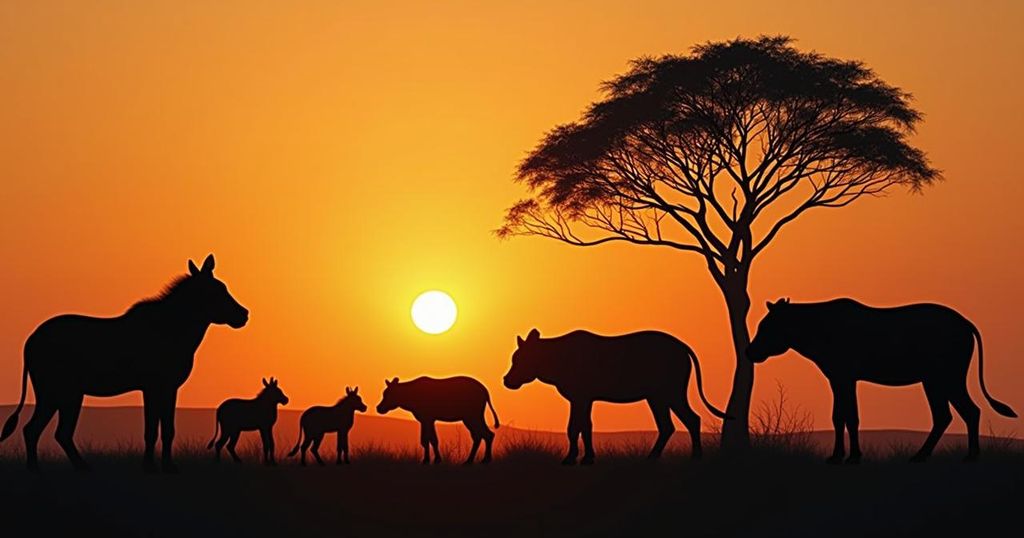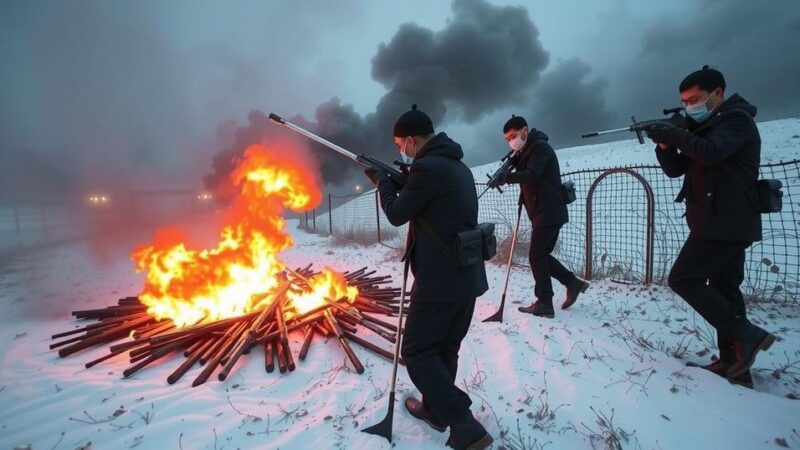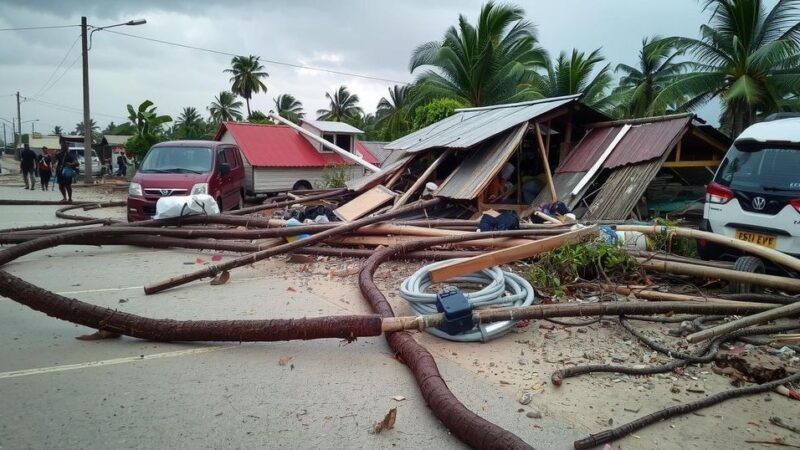Mpox cases are increasing across Africa, with 15 countries reporting active outbreaks led by the Democratic Republic of Congo and Burundi. The World Health Organization highlights significant challenges in containment and vaccination efforts, while health officials call for enhanced public health interventions. Recently, U.S. President Joe Biden announced a commitment of $500 million and 1 million vaccine doses to aid these efforts.
Cases of mpox continue to surge throughout the African continent, prompting urgent warnings from public health experts and global leaders regarding the need for enhanced containment measures. Currently, fifteen countries in Africa are experiencing active outbreaks, with Morocco recently confirming its first case. According to Samuel Boland, the mpox incident manager at the World Health Organization’s regional office for Africa, the Democratic Republic of Congo and Burundi account for nearly 90 percent of the confirmed cases, yet other nations are also witnessing an uptick in infections. “DRC, Burundi [are] especially affected but also Cameroon, Central African Republic, Nigeria, Cote D’Ivoire, Republic of Congo, Liberia, Uganda, Kenya, Gabon, Rwanda, South Africa and Guinea,” he stated during a communication with Voice of America from Brazzaville, Republic of Congo. The World Health Organization has identified two distinct strains of the virus: Clade I, formerly known as the Congo Basin clade, and Clade II, previously referred to as the West African clade. The disease, which was formerly known as monkeypox, can be transmitted through close physical contact, as well as via contaminated objects and surfaces. Symptoms of mpox include fever, rash, and swollen lymph nodes. As of this year, there have been 6,580 confirmed cases, with a staggering number of suspected cases reaching nearly 32,000, many of which have not been confirmed due to testing limitations in various nations. Boland reported that among these suspected cases, 844 individuals have succumbed to the illness, while there have been 32 deaths among the confirmed cases since January. During a virtual briefing, Jean Kaseya, the director-general of the Africa Centres for Disease Control and Prevention, emphasized that the outbreak remains uncontrolled in the region. He noted that despite the arrival of some vaccines, the volumes procured are inadequate to address the public health crisis. “Today, we have almost around 4 million commitments of doses, but we say we need more,” Kaseya remarked. United States President Joe Biden addressed world leaders at the United Nations General Assembly on September 24, 2024, underlining the importance of swift action against the mpox outbreak in Africa. “We are prepared to commit $500 million to help African countries prevent and respond to mpox and to donate 1 million doses of mpox vaccine now,” he declared. While the exact timing for vaccine shipments remains unspecified, Biden assured that these resources would be allocated through established partnerships and international institutions. Boland underscored the necessity for comprehensive public health interventions beyond vaccination alone. He articulated the need for expanded surveillance, active case investigation, and community engagement for effective reportings, as well as robust infection prevention and control measures.
Mpox, previously known as monkeypox, is a viral disease characterized by symptoms such as fever and rash. The recent outbreak in Africa has raised alarms due to the rapid increase in confirmed and suspected cases. Public health authorities including the WHO have identified critical areas requiring intervention, including surveillance and testing capabilities, which are hindered by varying limitations in different countries. The Democratic Republic of Congo and Burundi have been particularly hard hit, but other nations are also reporting new cases. With the ongoing discussions surrounding vaccine supply and allocation, this outbreak highlights the pressing need for global cooperation in addressing infectious diseases that disproportionately affect certain regions.
The rise of mpox cases across Africa necessitates immediate and robust responses from both local and international health authorities. With over 6,580 confirmed cases and a significant number of suspected cases, the situation demands further intervention, vaccination efforts, and community-based engagement to combat the viral spread. The commitment from global leaders, such as President Biden’s financial and vaccine donations, reflects a collective recognition of the urgency to control this outbreak and protect public health across the continent.
Original Source: www.voanews.com







